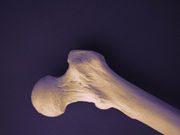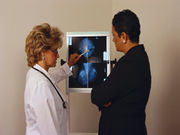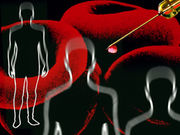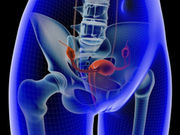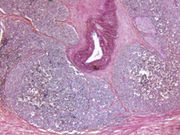Home 2015
Archives
Researchers Call for Retraction of Nitroglycerin-Bone Density Study
Investigation found that lead author fabricated data used to support the finding
Patient Age at Initial Cataract Surgery Varies by Location
Five-fold variation for highest versus lowest age-standardized cataract surgery rate
After Nonfatal Overdose, Most Patients Prescribed More Opioids
Cumulative incidence of repeated overdose 17 percent for those receiving high doses after overdose
Breast CA Detection Comparable for Ultrasound, Mammography
But ultrasound has more false positives, researchers find
Early First Cancer in BRCA1/2 Ups Risk in Opposite Breast
For mutation carriers, age at diagnosis of first cancer predicts contralateral breast cancer risk
Study Strengthens Evidence for Mycoplasma genitalium As STI
Prevalence of 1.2 and 1.3 percent in sexually-experienced men and women aged 16 to 44 years
Eating Potatoes on a Regular Basis May Up Risk of T2DM
Risk up for every three servings/week of baked, boiled, mashed potatoes, and especially fries
Pre-Op VTE Prophylaxis Safe in Major Cancer Surgery
Results led Sloan Kettering to change preoperative practices
Surgery, Chemo Best for Elderly With Advanced Ovarian Cancer
Longest survival time for primary debulking surgery, chemotherapy with optimal timeframe
Impact of 2012 USPSTF Guideline Against PSA Screening Explored
After, men undergoing prostate needle biopsy more likely to be diagnosed with high-risk disease


